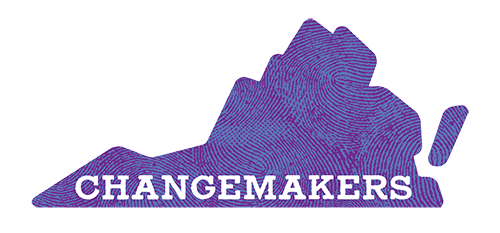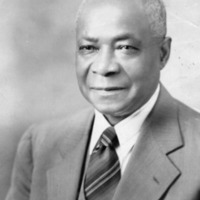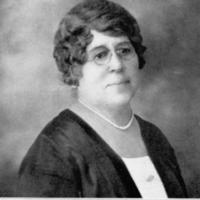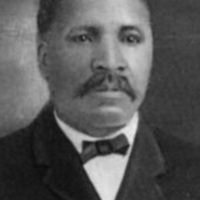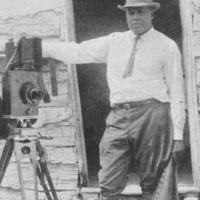Emergence of Modern America
1890-1930
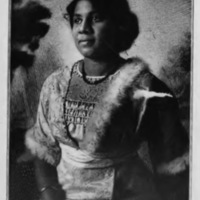
The idea of a “Modern United States” begins with the advent of the Progressive era. The Progressive movement focused on reforms they viewed as necessary after drastic increases in industrialization, immigration, urbanization and corruption in the business and political realms. One of the most successful reform movements of the time periods is the women’s suffrage movement. Other movements that gained traction on a new scale during this era were the labor movement, including the rise of unions, and the Harlem Renaissance and northward migration of the African American population. The time also saw a resurgence of the Ku Klux Klan in direct retaliation to increased immigration and shifting roles for African Americans.
With all of the changes on the home front of America, this era also saw the emergence of the United States as a major world power. The Spanish-American War pitted the United States against a European power other than Great Britain for the first time, and battles spanned the Atlantic and Pacific. The war also led to the rise of Theodore Roosevelt, an increase in propaganda and marketing of a war, both through yellow journalism and war slogans and ephemera encouraging citizens to “Remember the Maine!” Soon after, the United States would come to find itself embroiled in World War I, despite strong isolationist tendencies. Along with a large death toll, World War I led to the development of the failed League of Nations, ultimately pushing the United States even further into an isolationist standing that would last for decades. The immediate postwar period of the “Roaring 20s” saw a domination in politics and economics by big business and its supporters, which would all come crashing down in less than a decade.
Learn more in the National U.S. History Content Standards.
Recently added items
Joseph Thomas Newsome
A leading figure in Newport News, Joseph Thomas Newsome struggled to bring education and voting rights to the African American community.
Janie Porter Barrett
Civic leader and educator Janie Porter Barrett worked to improve the lives of African American women.
Isaac David Burrell
A physician, Isaac David Burrell operated the only pharmacy for African Americans in Roanoke for many years.
Oscar Micheaux
Often recognized as the country's first African American filmmaker, Oscar Micheaux established a film office in Roanoke, where he produced at least six silent movies.
